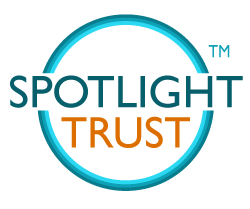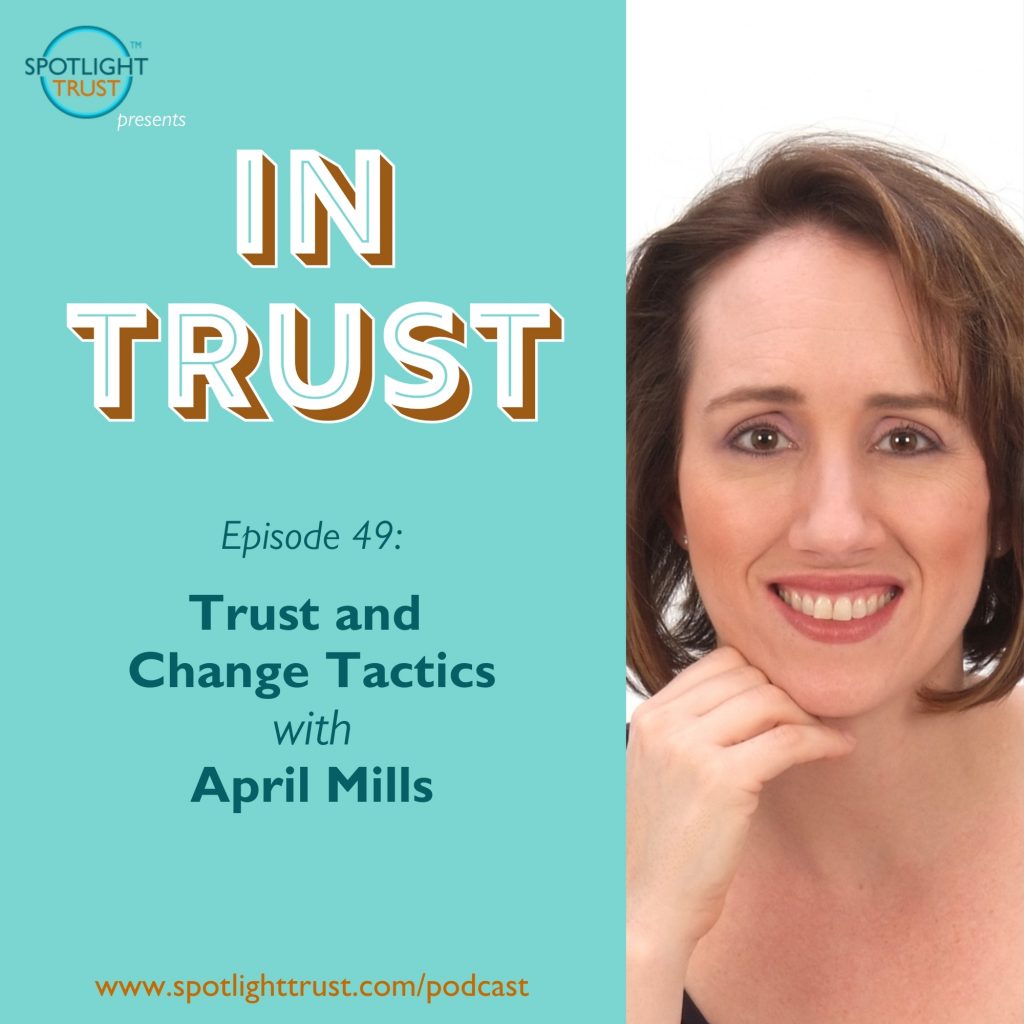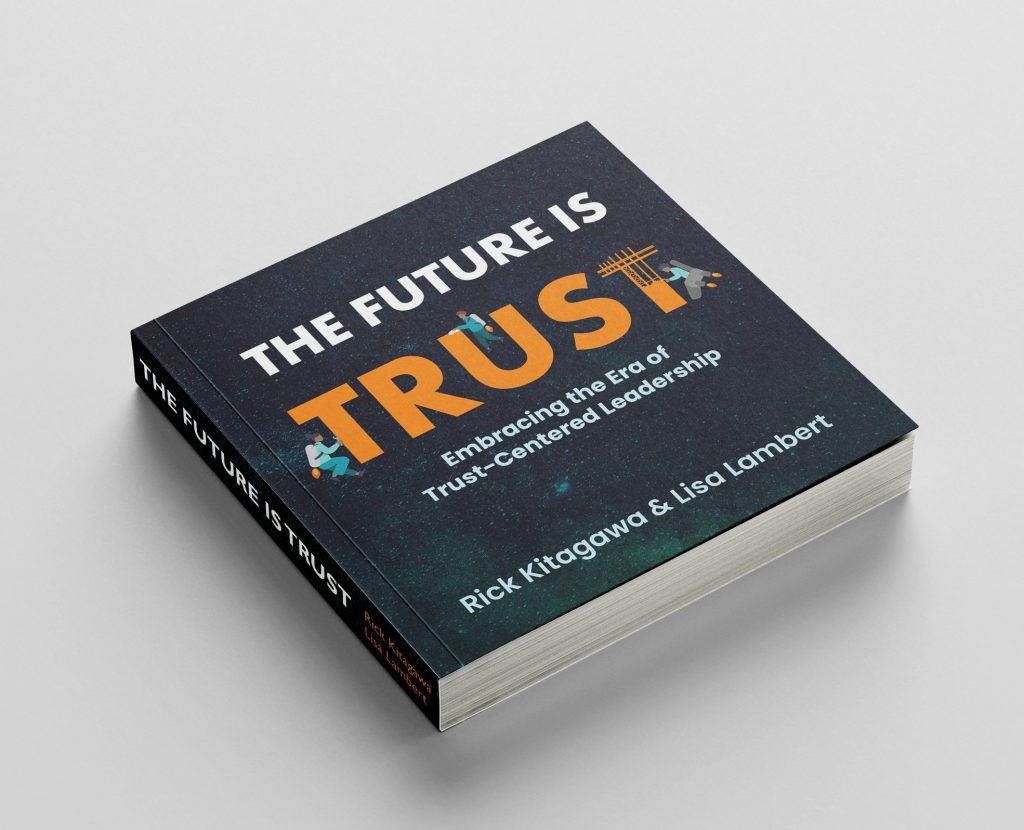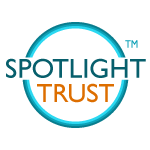How do you drive change instead of driving people?
This is a question April Mills has spent a lot of time thinking about, from both strategic and tactical perspectives. April is an engineer by training and a change agent by passion. She’s an international speaker, consultant, and trainer focused on unleashing the change agent potential in individuals and organizations. April’s the author of the books Everyone is a Change Agent: A Guide to the Change Agent Essentials and the new release Change Tactics: 50 Ways Change Agents Boldly Escape the Status Quo.
We had the chance to sit down with April and explore how leaders can earn trust and influence needed to drive change that matters, especially when confronted with new and complex challenges.
If you’re responsible for leading change, you’ll want to listen to this episode of In Trust.
Overview of Episode 49: Trust and Change Tactics with April Mills
Talking Points
- How April went from engineer to change agent
- How can we eliminate the suffering that comes from change and create a better way?
- How do we solve problems we never thought we had before that moment
- How moments of crisis led April to get curious about the organizational and human side of confronting operational challenges
- Why what are typically called soft skills aren’t easy
- What is means to be a change agent
- The big obstacles and challenges change agents face today
- Driving change versus driving people
- What April wishes more change agents knew about trust
Quotables
“A lot of the processes and the way we make change happen aren’t working right. If they were mechanical systems, you’d hear gears grinding and you’d smell smells.” – April Mills
“How can we eliminate the suffering that comes from change, the suffering which comes from bad processes where we want a result?” – April Mills
“I don’t think the technical is hard and the people stuff is soft. Maybe it’s metal versus flesh – then you can call it hard and soft. But a lot of times what we mean is difficult and easy and the human side is not easy. It’s more complex because there’s more ways people respond.” – April Mills
“What being a change agent means to me is a return to each of us as an individual of that confidence that we have a special and unique role to play in the world and that we are capable of playing that role without being picked. So much of our world is about being selected, being perfected, so that you’re right for a certain position or waiting, sometimes years, sometimes decades for the right opportunity in the right role. And I see so much human potential wasted and so many unique lives where people suppress their unique individuality and capability to try and get that prestige and position.” – April Mills
“If you want to be trusted, you need to demonstrate things which would earn that trust and you can hold yourself to a higher standard of expectation for what you should demonstrate to prove that you’re going to be trusted.” – April Mills
“We are a culture that assumes that when it’s the right time we will be given the position. So a lot of people assume, ‘once I get this position, then I can. And again. A navy story I had somebody once share is that, if you want certain behaviors out of an admiral, they need to demonstrate those behaviors as a lieutenant, because if you don’t practice them when the stakes are lower, you’re not going to have the resolve to do them when the stakes are higher.” – April Mills
“So many roles come with responsibility, but you earn your influence and so drive change, not people.” – April Mills
Show Notes
- April’s website, engine-for-change.com
- April’s books (All of April’s proceeds from her books support Gully Crest Homestead, a private retreat center in Washington state for families with children with special needs.)
- Powell’s Books
This episode sponsored by:
The Future Is Trust
Embracing the Era of Trust-Centered Leadership
There’s a lot of uncertainty about the future, but one thing we are sure about is that The Future Is Trust. Which also happens to be the title of our Amazon bestselling book: The Future is Trust: Embracing the Era of Trust-Centered Leadership.
This reimagination of what a leadership book can be sheds light on:
- Why Trust: Why now, what’s changed, and what do we have without trust?
- What is Trust: The act of trusting–how it inspires belonging, resilience, and collaboration.
- How to Build Trust: Starting with ourselves, the foundational tools to wire all of our connections for trust.
Visit out thefutureistrust.com to order your copy and access special bonuses.







